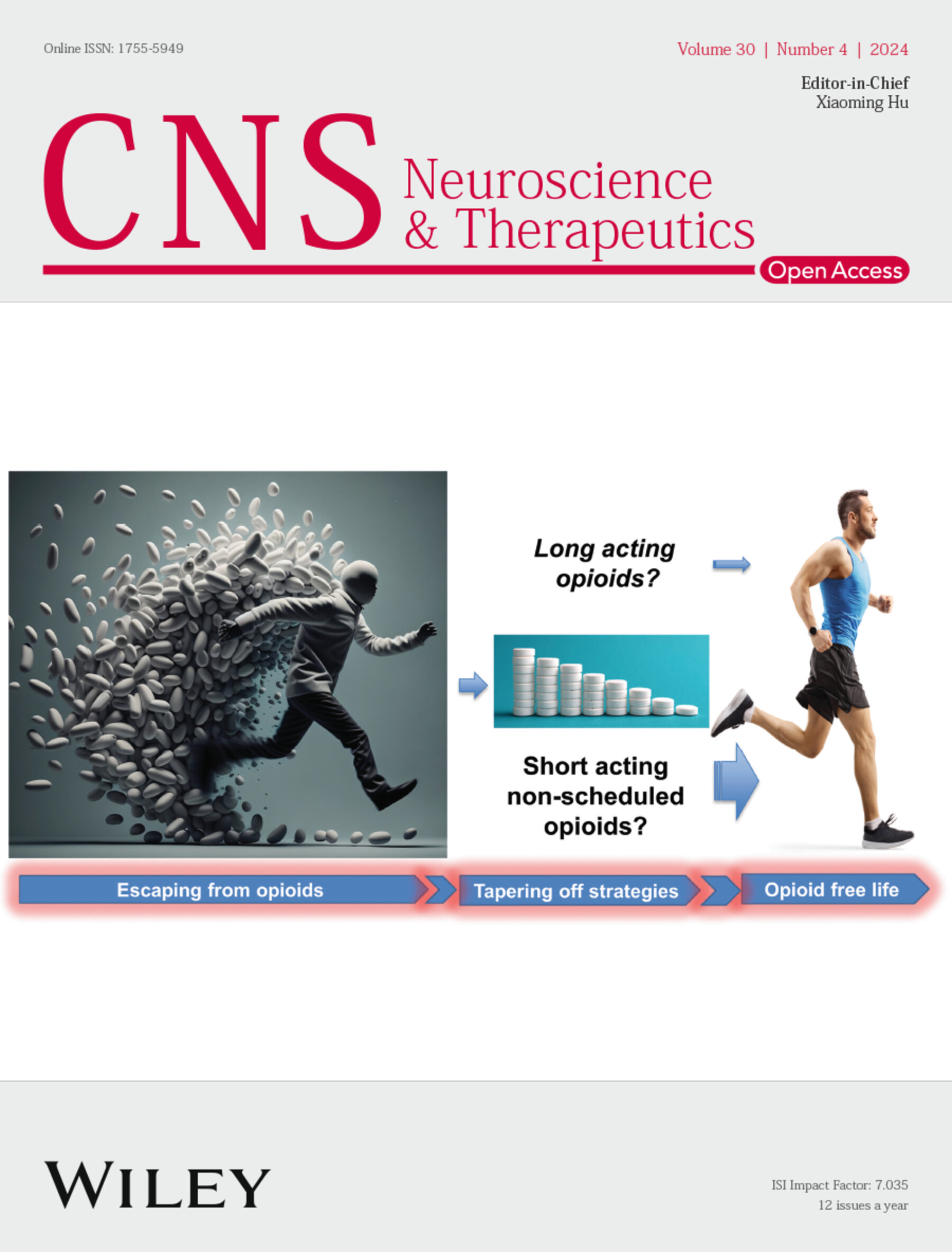Biological Effects of Dietary Restriction on Alzheimer's Disease: Experimental and Clinical Investigations
Abstract
Backgrounds
Dementia can impose a heavy economic burden on both society and families. Alzheimer's disease (AD), the most prevalent form of dementia, is a complex neurodegenerative disease characterized by the abnormal deposition of extracellular amyloid β-protein (Aβ) and the aggregation of intracellular Tau protein to form neurofibrillary tangles (NFTs). Given the limited efficacy of pharmacological treatment, scientists have already paid more attention to non-pharmacological strategies, including dietary restriction (DR). DR refers to a nutritional paradigm aimed at promoting overall health by modifying the balance between energy consumption and expenditure. Studies have demonstrated that DR effectively extends the healthy lifespan, delays the aging process, and achieves promising results in the prevention and treatment of AD in preclinical studies.
Methods
In this review we collected related studies and viewpoints by searching on PubMed database using the keywords. Most of the citations were published between 2015 and 2025. A few older literatures were also included due to their relevance and significance in this field.
Results
We first provide a concise overview of the current therapeutic and preventive strategies for AD. Then, we introduce several specific DR protocols and their favorable effects on AD. Furthermore, the potential mechanisms underlying the benefits of DR on AD are discussed. Finally, we briefly highlight the role of DR in maintaining brain health.
Conclusion
This review may offer valuable insights into the development of innovative non-pharmacological strategies for AD treatment.


 求助内容:
求助内容: 应助结果提醒方式:
应助结果提醒方式:


